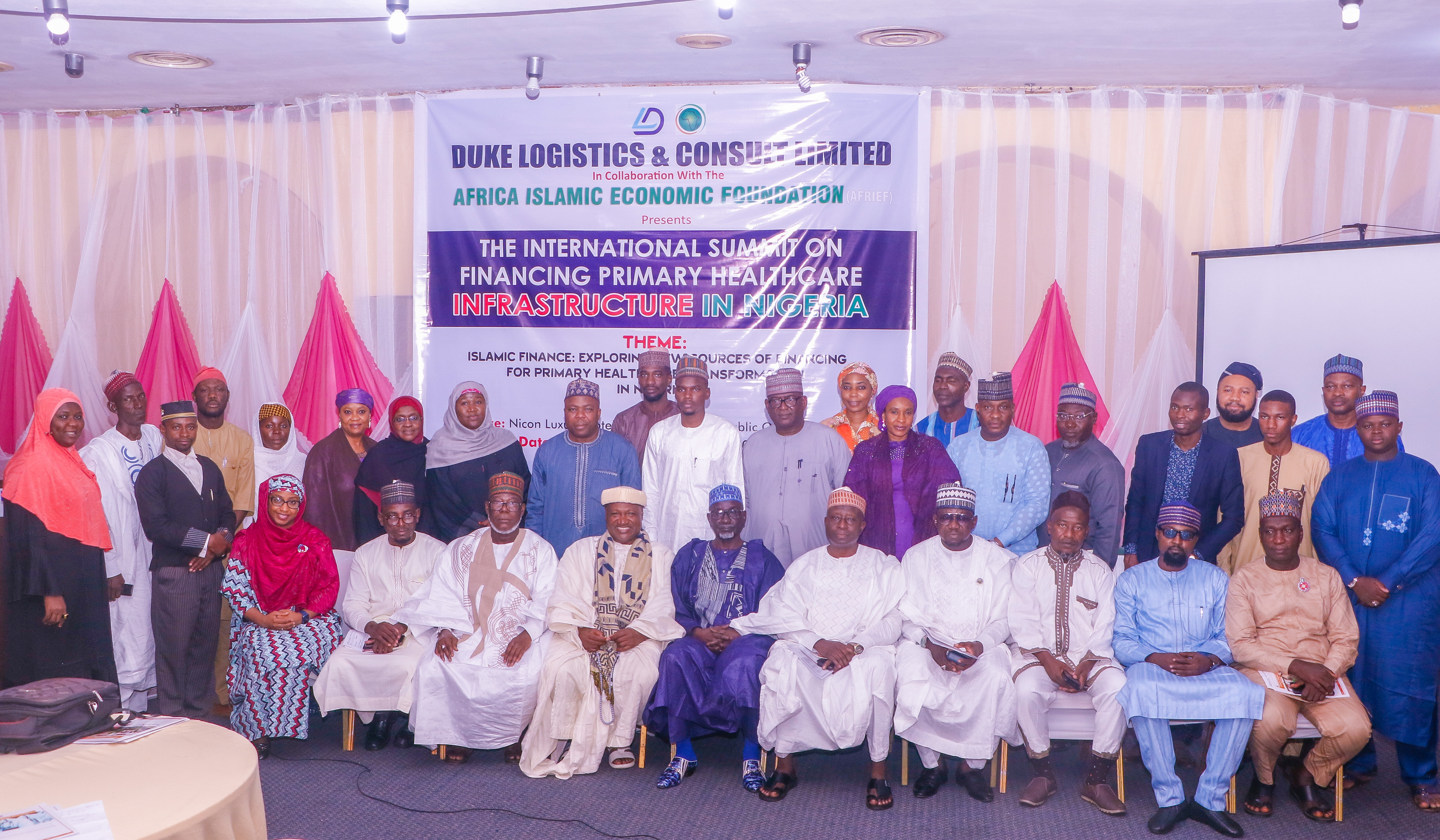By Oyewole Tomori
Nigerians voted to elect a new president on 25 February and he will be sworn in on 29 May 2023. One of his responsibilities must be to lead the country in taking science more seriously. Science should be the fulcrum of Nigeria’s development. As a fellow and past president of the Nigerian Academy of Science, the umbrella body of Nigeria’s leading scientists, he offers the following tips for Nigeria’s new president:
Increase funding for scientific research
Nigeria has shown a deep neglect of science. Science and technology are seriously underfunded and minimally used in national development. For example oil refineries are shut down and Nigeria cannot produce vaccines locally, having stopped in 1991. The first time Nigeria had a Ministry of Science and Technology was in 1980, 20 years after independence. The first national science and technology policy was produced in 1986, six years later.
During the first 20 years of the ministry, it had 10 ministers, each with a different agenda and policy.
Nigeria’s first real attempt at funding public research was in 2006, when the government planned to create a US$5 billion endowment fund for science and technology. But the political will to do this wilted in the face of a lack of commitment of funds to execute the proposal. Since then, funding science and research in Nigeria has been as erratic and unpredictable as the political changes.
An attempt was made in 2012 to revive the fund with an independent board, headed by President Goodluck Jonathan himself. But when he left office in 2015 there was still no fund.
In 2016, the federal government announced a N3 billion (US$6.5 million) National Research Fund. A committee to manage it was only set up 17 months later.
Despite the promise of the Buhari government in 2021 to dedicate 0.5% of GDP to research and innovation, the budgetary allocation to the relevant ministry remained abysmally low at 0.14% of GDP in 2022. This was about the same level for the previous years – 0.13% and 0.14% for 2020 and 2021.
If Nigeria is to benefit from science and research, and harness technology and innovation to transform the economy and improve the social well-being of citizens, then the country must stop playing lip service to funding science and research activities.
The new government must rapidly harness science, technology and innovation as tools for national development. For example, the country could benefit from the development of solar energy to improve and stabilise the erratic electric supply, and from genomic studies to develop new therapeutics and vaccines for improved health and increased animal production.
Nigeria must increase the budgetary allocation to fund science and research annually from the current 0.14% of GDP to at least 1% in the next four years.
It must also expand the scope and funding capacity of the Tertiary Education Trust Fund to sustainably fund long term interdisciplinary research directed at solving Nigeria’s health, environment and other developmental challenges.
The new president must also see to it that the proposal to establish the Nigeria National Research and Development Foundation is realised before the end of his first year in office. Not much has been heard about this proposal lately.
Retain the capacity that’s built
The new president must recognise the need to prioritise capacity retention over capacity building. This should be through creating and sustaining a scientific and research environment that enables our highly trained workforce to conduct research activities productively and with relevance.
Too many of Nigeria’s scientists leave the country because of lack of employment opportunities, socio-cultural issues, poor remuneration and non-attainment of professional fulfilment. For instance, nine out of 10 medical and dental consultants with less than five years of experience planned to leave Nigeria as at December 2022. Similarly, 57,000 nurses left Nigeria between 2017 and 2022 leaving a ratio of one nurse to 1,660 patients, based on the population. Software engineers are leaving too.
The research environment can be improved through easier access to foreign exchange and reduced importation charges for imported research equipment, supplies and reagents. Research also requires a stable electricity supply. Electricity production in Nigeria reached 7,637 GWh in June 2022, for a population of 219 million. For comparison, South Africa’s electricity production reached 17,536 GWh in December 2022, for a population of 61 million.
Appoint a chief scientific adviser
As a matter of urgency, the president must appoint a chief scientific adviser charged with coordinating all science and research activities for the economic development of the country and social well-being of citizens.
Currently, science and research activities are scattered among different ministries and parastatals working in silos, carrying out uncoordinated work of little relevance to national development. The adviser to the president would assist in bringing all these together to ensure relevant focus and to reduce duplication and wastage of resources.
Start producing vaccines locally
The new president must consider local vaccine production as a national health security issue. He must ensure local vaccine production begins within the first two years in office. This will reduce costly dependence on foreigners for the country’s vaccine needs and safeguard national health security. Currently Nigeria produces no vaccines but a production plant is scheduled to commence production in 2024.
Prof. Oyewole Tomori is a Fellow, Nigerian Academy of Science
Courtesy: The Conversation





 TRENDING11 months ago
TRENDING11 months ago
 PROFILE8 months ago
PROFILE8 months ago
 BUSINESS & ECONOMY3 years ago
BUSINESS & ECONOMY3 years ago
 BUSINESS & ECONOMY3 years ago
BUSINESS & ECONOMY3 years ago
 BUSINESS & ECONOMY3 years ago
BUSINESS & ECONOMY3 years ago
 HALAL ECONOMY9 months ago
HALAL ECONOMY9 months ago
 BUSINESS & ECONOMY3 years ago
BUSINESS & ECONOMY3 years ago
 BUSINESS & ECONOMY2 years ago
BUSINESS & ECONOMY2 years ago


